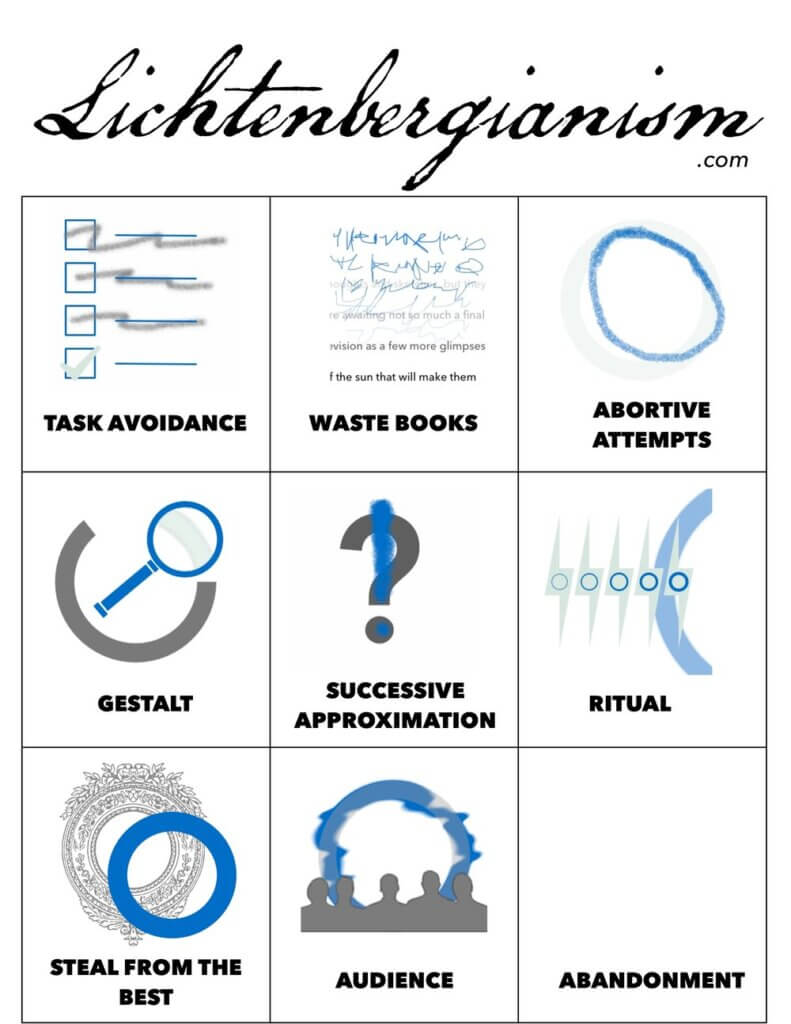
So I’m sitting here on 23rd December, having put the out of office on (as per my post on 24th December), and this post goes out on 26th December. Yes, am in a weird time loop, or, more simply, am “banking” a bunch of posts so that I can truly switch off from 24th December onwards for a number of days yet still have posts go out daily 🙂 Anyway, by mid afternoon today I’ll have finished writing the last of these posts, so that leaves me nothing but time to do.. to do what exactly? Well, I’m someone who consciously structures my year, my time, my work, my energy. This time of year, for me, is a time to do… nothing. For about ten days I will have no plan, no structure, anything on the “to do” list will be pushed out into 2021. I will likely go for a few walks, read some books, listen to some podcasts, get on zooms and phone calls with friends and family. I will, but there is no plan, there is nothing I have to do.
The cynics among you may call this procrastination or simply downright sloth. The more enlightened (hah!) may be more open-minded when I tell you that, to the contrary, I am practicing the creative art of Lichtenbergianism, a practice I was introduced to by my next guest on #WhatComesNextLive, Nick Parker, who will join me at 5pm UK time on Tuesday 5th January 2021. Nick found a way to introduce this creative practice via: “Probably the best joke I’ve read all week“
As the author of the website Lichtenbergianism, Dale Lyles, puts it:
What is Lichtenbergianism? It’s a slipshod approach to the creative process that doesn’t make sense and should not work, but it does.
Follow along as we Lichtenbergians achieve world domination through our amazing ability to get things done by not doing them. (Our motto is Cras melior est, which translates to Tomorrow is better.)
More seriously, Dale has created nine precepts:
- Task Avoidance: Obviously. Cras melior est.
- Abortive Attempts: Give yourself permission to create crap. Lots of crap.
- Successive Approximation: Give yourself permission to change what you’ve done.
- Waste Books: Create a system to record your ideas willy-nilly. Sort them out later.
- Ritual: Find ways to make your work flow.
- Steal from the Best: Pay attention to the past, learn from it, then run with it.
- Gestalt: Look at your work and see what’s there and what’s not there, what needs to be there and what needs to be not there.
- Audience: Have someone in mind.
- Abandonment: Give up.
I love the overarching concept and the precepts, particularly the idea of Gestalt as Dale puts it:
Gestalt is German for shape, and it has come to mean in English “the shape or sense of the whole,” i.e., everything that lies within or belongs to a concept or image, its totality.
Taking a look at your work, squinting at it sideways, and realizing that something’s missing… Are you able to see/hear it? Can you describe what seems to be missing? A touch of blue in the lower right hand corner? The fourth line of the sonnet sounds clunky? The musical phrase sounds repetitive—or not repetitive enough? It’s too short? Too long?
That’s Gestalt.
Taking time to do nothing over the holidays (and I mean truly, nothing) is, I have found, very powerful in enriching the creative process for the year ahead. For example, by going for long walks (which we are still allowed to do in London lockdown, though only with one person at a time), I know I will “squint at” ideas “sideways” and come up with new ways to look at them that moves things forwards.
So, enjoy doing nothing. Oh, and, for at least part of the time, do look to be conscious about the nothing you choose to do (hint, aimlessly watching whatever comes on the TV is “unconscious”, so not truly Lichtenbergian 🙂
